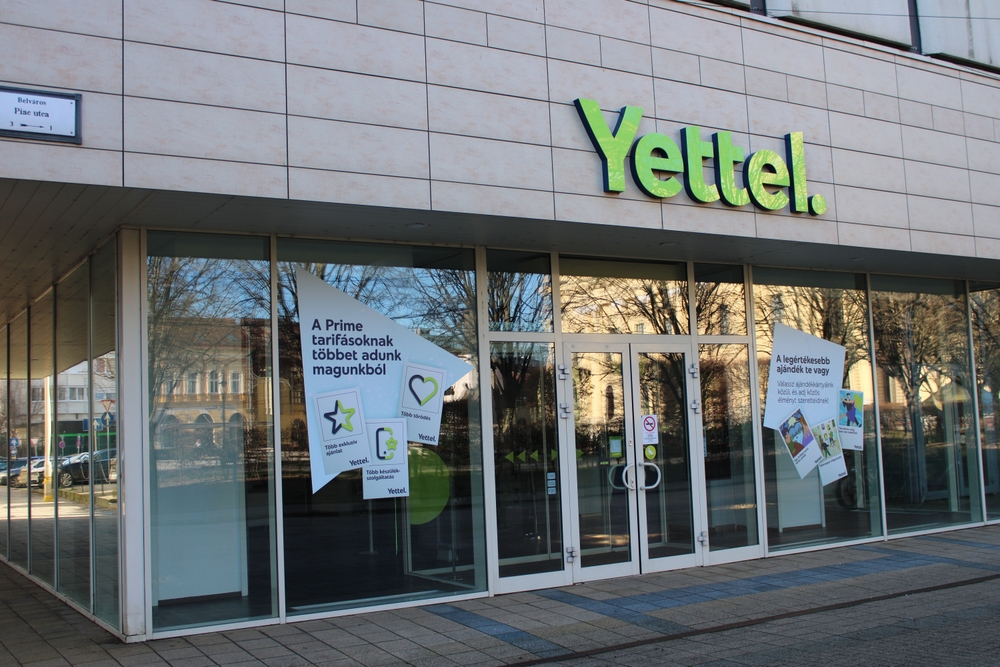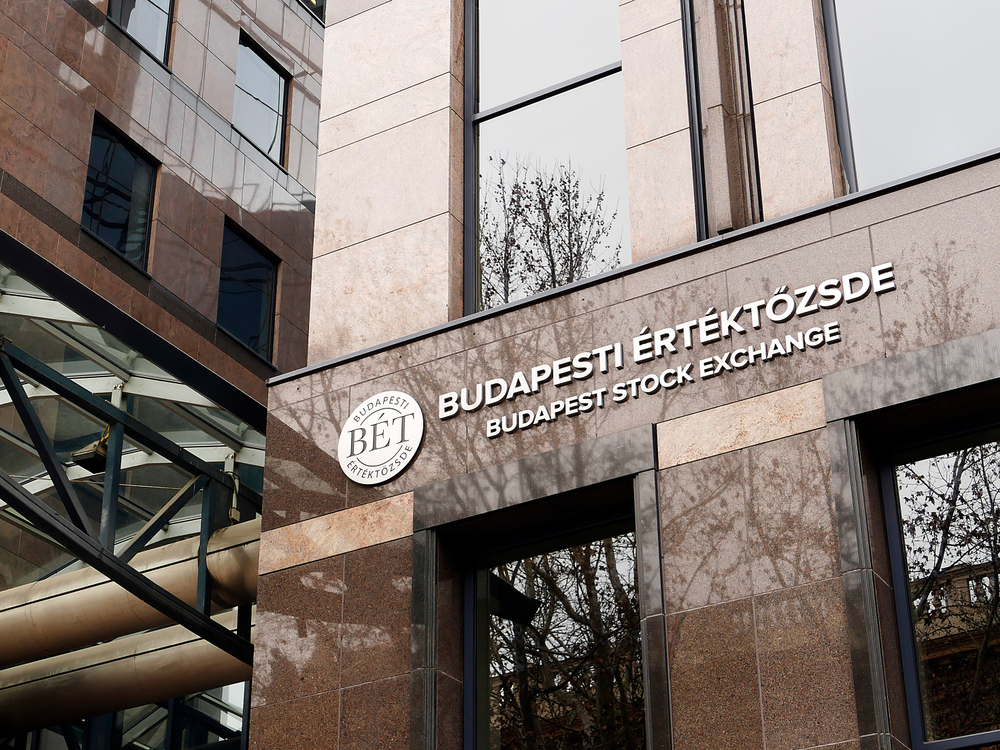System Integration can Help Businesses Work Smarter

Shutterstock/ra2 studio
Although the economic effects of COVID-19 shook the financial performance of system integrators in some cases in the country, the benefits of smoothly running systems can clearly help offset the difficulties we face in such an extraordinary scenario. System integration is a hot topic that ought to see much action in the months and years to come.
Photo by Shutterstock/ra2 studio
In 2018, the Hungarian financial technology sector employed around 5,000 people, generating a sales revenue of almost HUF 120 billion, according to a recent publication by the National Bank of Hungary called the Fintech and Digitalization Report.
System integration was among the most important activities of the fintech sector, beyond data analysis, business intelligence, financial software development and payment services. Enthusiasm for system integration is justified. It makes processes work smoother and more seamless, yet it is a complex issue to tackle.
Experts agree it is one of the most complex service activities, demanding a great degree of responsibility and competence in creating complex IT solutions is system integration. Proper support is a key factor in the process.
“Today, the IT services extended to business are so deeply integrated that decent business management that can meet the requirements of our times is simply unimaginable without IT support. For this very reason, the seamless operation of a business depends largely on the effectiveness of IT support,” according to professional system integrator T-Systems Hungary.
When integrating systems in separate business divisions, requirements must be clearly set for effective IT performance. Designing complex ICT solutions needs thorough technical, architectural and technological planning to evoke solutions that create business value and optimized IT environments and budgets.
Critical Area
“One of the critical areas of success of large-scale and complex application introduction, application development, and application integration projects is software life cycle support. The aim is to produce and record large numbers of software components in the specific phases, such as analysis, planning, implementation, testing and introduction, and then constantly check their compliance,” T-Systems Hungary adds.
In the first half of the year, the profit before income tax Magyar Telekom (the owner of T-Systems), fell 33% year-on-year to HUF 17.02 billion, and the after-tax profit was down 42.3% at HUF 10.66 bln, according to a recent earnings report. MTel’s total revenues fell 2.2% to HUF 157.18 bln.
System integration and IT revenues were down 18.2% at HUF 36.48 bln in Hungary, offsetting growth in telecommunication service revenues in Hungary and North Macedonia, along with positive foreign exchange impact from the strengthening of the denar compared to the forint, according to a report by state-owned news agency MTI.
Listed IT firm 4iG, which had agreed in July of 2019 to purchase T-Systems from MTel pending regulatory approvals, but later tabled the deal, had a more bullish first half in terms of growth, however.
Its order book lifted 4iG’s first-half after-tax profit 34% y.o.y. to HUF 775 million, sales revenue went up 39% to HUF 20.2 bln and stock orders exceeded HUF 20.8 bln in mid-August.
The company said it eyes “further significant growth” over the next year organically and via acquisitions, aspires to become the leading IT system integrator in Hungary in two years’ time and looks to consolidate its position in the country by investing in new technologies and enhancing its capabilities in new sectors, according to an investor presentation released in August with its financial report.
System integration does not only help businesses cut cost and boost operational efficiency by ironing out the creases in their digital solutions and intra-system communication. It brings many benefits to end-users too.
Integrated Timetables
Government-owned railway and coach companies will start running with integrated ticket and tariff systems after 2021. Hungarian State Railways (MÁV) CEO Róbert Homolya expects that finding all the synergies and eliminating overlaps to boost efficiency and make a noticeable difference to passengers will take years. That said, a unified ticket and pass sales platform could be reality by the end of this year, he added in the first half of the year, when announcing the unification.
MÁV serves 140 million passengers annually, while coach service operator Volánbusz, the running of which MÁV took over on July 15 to streamline operations and improve the passenger experience, serves more than 400 million travelers. The two companies employ 55,000 people in total.
Homolya said that unifying one timetable for all rail and bus services will be a long process, but he noted that some Western European countries had integrated rail and bus services decades before, which has significantly boosted passenger experience.
The planned integration of MÁV and Volánbusz is more than welcome; it is gravely needed. In light of COVID-19, experts of the World Economic Forum agree that better integration of passenger and freight transport is a prerequisite for making mobility more resilient and sustainable in a post-coronavirus world. Such an integration requires a fresh look at city planning and infrastructure capacity and can be lifted by new collaborations.
The forum’s Global Future Council on Mobility stresses “the urgent need for better integration of passenger and freight transport to make our entire mobility system more resilient and more sustainable,” the WEF writes on its website.
The information technology or engineering process of system integration, joining different components into one large ecosystem, must ensure that each integrated subsystem functions as required. This can spark new functionalities, delivering added value both for companies on the operational side and end-users and clients.
As economies are trying to grapple with a way out of COVID-19 and work on making procedures more resilient for future unexpected external shocks, system integration appears to be a safe bet towards doing business smarter.
SUPPORT THE BUDAPEST BUSINESS JOURNAL
Producing journalism that is worthy of the name is a costly business. For 27 years, the publishers, editors and reporters of the Budapest Business Journal have striven to bring you business news that works, information that you can trust, that is factual, accurate and presented without fear or favor.
Newspaper organizations across the globe have struggled to find a business model that allows them to continue to excel, without compromising their ability to perform. Most recently, some have experimented with the idea of involving their most important stakeholders, their readers.
We would like to offer that same opportunity to our readers. We would like to invite you to help us deliver the quality business journalism you require. Hit our Support the BBJ button and you can choose the how much and how often you send us your contributions.








